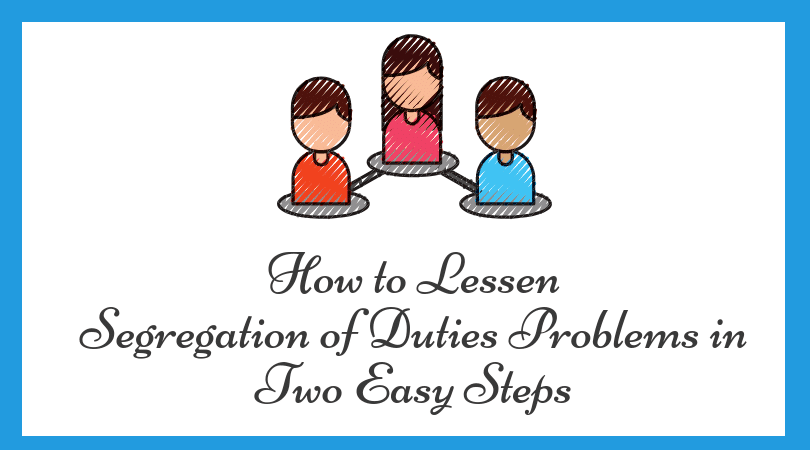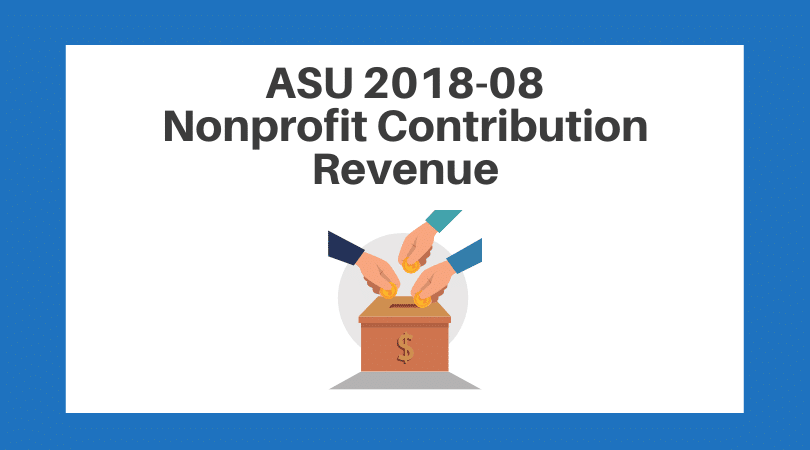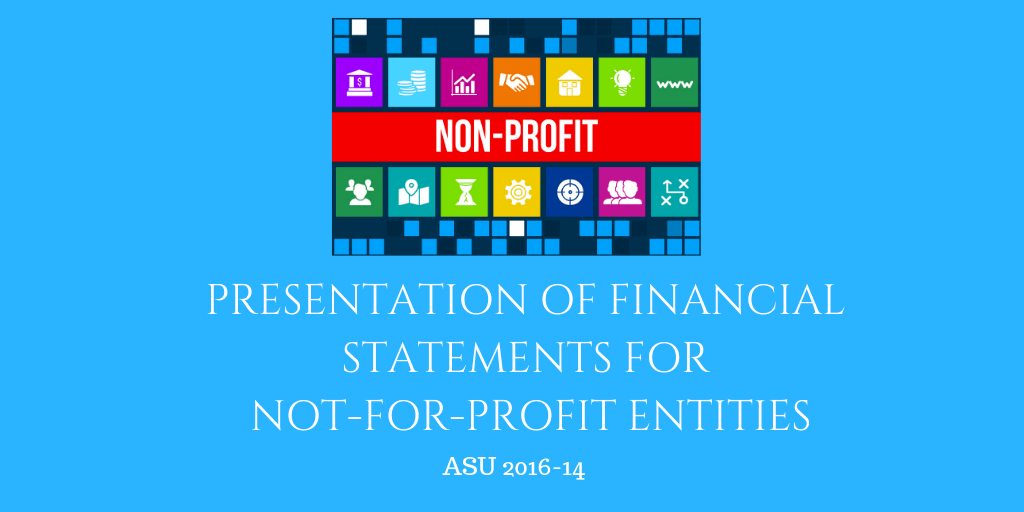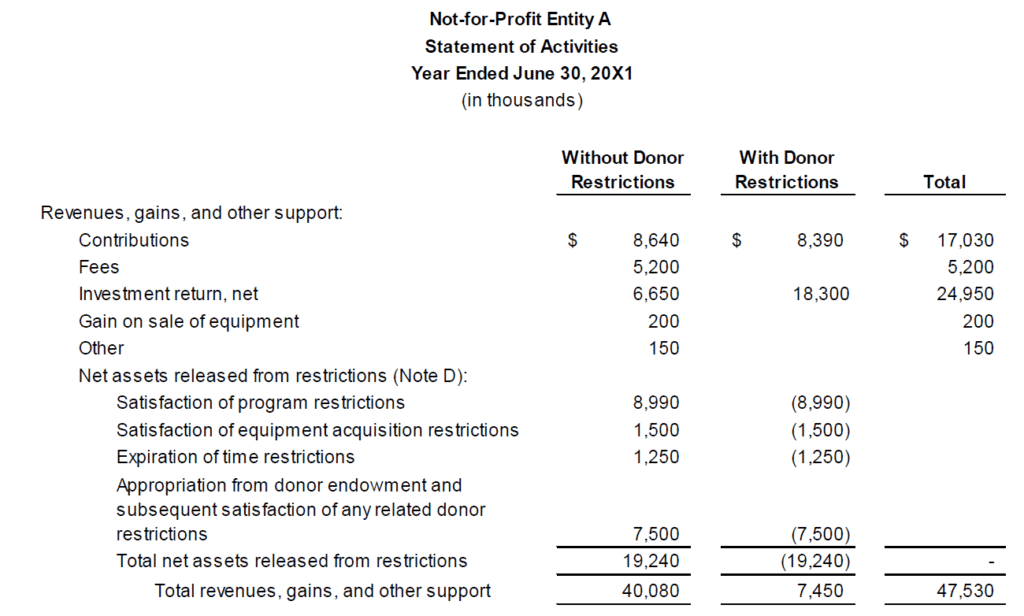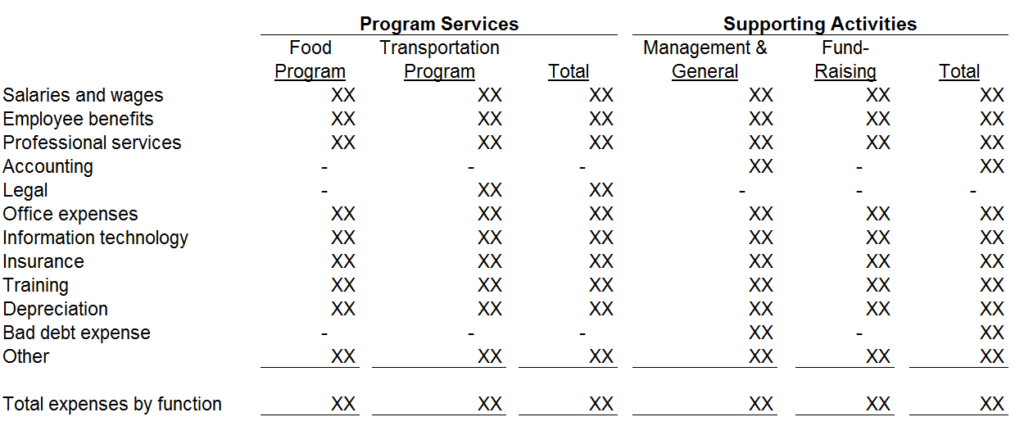
Preventing Church Theft: Tips and Best Practices
By Charles Hall | Asset Misappropriation
Church theft happens, and it’s not uncommon–though I wish it was.
Pastors, deacons, church members, priests, and even nuns steal. Yes, they do. Every time I see an article about this, I shake my head. But they are flawed human beings just like me. So theft happens in churches, synagogues, and other places of worship.
In this article, I explain why fraud is (more) common in the places you least expect. And I provide tips for preventing theft.
Theft of Church Offerings
My mother gave me nickels and dimes to put in the offering plate as a kid, but I never thought about where they went. In my mind, maybe to God or Heaven. But no, they went to a church bank account to pay the expenses of our place of worship. And, thankfully, there were no thefts (that I know of).
But over the years, I’ve seen thefts from churches, synagogues, parishes, church schools, seminaries, campus ministries, relief agencies, and Bible colleges.
Why?
People are Flawed
As I said earlier, first, people are flawed, even religious folks. As I’m fond of saying, “Why is ‘Thou shalt not steal’ one of the Ten Commandments? Because people steal.”
Too Much Trust
Secondly, religious persons (and I’m one) tend to be too trusting. We think that because someone works for a ministry or a church-affiliated organization, they are always honest. While this is largely true, some religious people steal, especially when no one is paying attention to what they do. In other words, when there are no internal controls and no oversight.
Ironically, when religious bodies place too much trust in people, they tempt those pastors, priests, deacons, and others. Religious people usually don’t plan to steal but realize–after years of being in a position–they can. After all, no one is watching because trust is over-abundant. And since we can rationalize our actions, we do things we know we should not. No different than any other temptation.
Don’t Tempt Your People
Religious bodies do their people a favor by creating and maintaining proper internal controls. Yes, a favor. Temptation goes down because there are multiple eyes on the processes, as there should be.
I sometimes hear people say that a church is not a business, but a ministry, as though sound business practices are not necessary in a religious environment. My rejoinder is we need to be good stewards of the funds entrusted to us (funds that can be used for wonderful purposes). Ministries lose the trust of their contributors when theft occurs. So, churches need to institute sound internal controls.
Church theft is common due to the nature of cash flowing into a place of worship.
The Church Cash Problem
Most religious institutions receive cash contributions to support their missions. And that’s wonderful, but if you’re a fraud prevention guy like me, that’s problematic. Cash, especially physical currencies (like that received during church services), is easily stolen. So, all religious bodies need to review how cash comes into a church body to see if there are internal controls all along the way.
Monies coming in during church services, mail, or any other way need to make it to the bank account safely. So, consider how funds come into your places of worship or support organizations. And make sure multiple people are involved in the collection and deposit process, what we commonly refer to as segregation of duties.
For instance, multiple people (e.g., ushers or deacons) should count funds collected during a church service, and a count sheet should be signed by those present. Later, someone other than the count team should compare the count sheet to the bank deposit. Enter all contributions in the accounting software and periodically provide statements to those persons. The person making these bookkeeping entries should not be on the count team or have any access to cash. Why? The church bookkeeper could steal money but still make entries to the contributions software. Then, the contributor receives a periodic statement reflecting the amount given, but the money doesn’t make it into the church bank account.
In addition to considering regular church services receipts, think about those that are outside your normal processes. For instance, people might drop by the church during the week and provide a contribution to the bookkeeper.
Church Cash Outflows
While theft of cash inflows is more common, funds can be stolen as they are disbursed. So, be sure you review your payment controls. Again, you want multiple people involved in the process. For example, the persons signing the checks should not be the person entering those transactions in the bookkeeping system. And it’s preferable for the person reconciling the bank account to not sign checks. Then, the person reconciling the bank statement can review the cleared checks for appropriate payees.
Additionally, make sure your controls over credit cards are strong as well. Support (e.g., receipts) should be provided for each credit card charge, and the person using the card should not be the same person reviewing transactions for appropriateness.
Obviously, religious bodies also need appropriate payroll controls to ensure those funds are paid to the right persons and in the correct amount.
Church Theft
In summary, religious bodies need internal controls, just like any entity that receives and spends money. Placing too much trust in religious people is a mistake and can increase church theft. So, protect your church and your people by implementing sound internal controls for funds flowing into and out of your place of worship.


